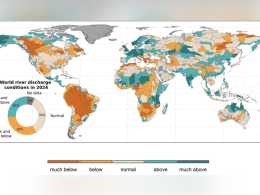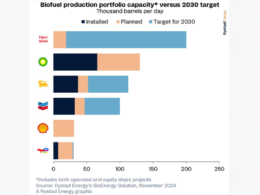The Royal Institution of Chartered Surveyors (RICS) has released its 2025 Sustainability Report, revealing a slowdown in global demand for sustainable buildings and limited progress in measuring carbon emissions across construction projects. The report, drawing insights from more than 3,500 real estate and construction professionals across 36 countries, cautions that sustainable development risks losing momentum without stronger policy action and accelerated skills development.
While appetite for green and resilient real estate remains, demand growth has weakened globally — most notably across the Americas, with similar slowdowns observed in Europe, the UK, and the Asia-Pacific (APAC) region. Only the Middle East and Africa (MEA) markets recorded strengthening momentum.
According to the findings, investors continue to value climate-resilient and certified green assets, yet high upfront costs, uncertain returns, and limited investor awareness — particularly in MEA and APAC — remain major barriers to investment.
A growing gap between climate goals and real-world practices is also evident: 46% of construction professionals admitted to not measuring embodied carbon — an increase from last year — while just 16% said carbon assessments meaningfully influenced material selection during project design.
RICS warned that without mandatory whole-life carbon assessment and reporting, the construction sector will struggle to meet national and global decarbonisation goals.
The report also emphasises the urgent need for capacity building, skills training, and climate literacy. Although more than 70% of respondents claimed to have some understanding of sustainable construction, familiarity with circular economy principles and whole-life carbon remains limited.
To drive climate progress, RICS urged policymakers to:
- Introduce mandatory whole-life carbon reporting for all projects
- Establish national emissions limits aligned with net-zero pathways
- Expand incentives for green retrofits and low-carbon materials
- Harmonise global standards for low-carbon and resilient buildings
- Prioritise investment in sustainability skills and training
- Strengthen biodiversity legislation and reporting requirements
Nicholas Maclean OBE RD FRICS IRRV (Hons), Acting President of RICS, said: “Transformation across the built environment is essential if we are to meet the challenge of climate change. This important research shows progress but also clear signs of fatigue and uncertainty. Encouragingly, the MEA region stands out, with demand growth surpassing other regions — a positive example for global sustainability efforts.”

















